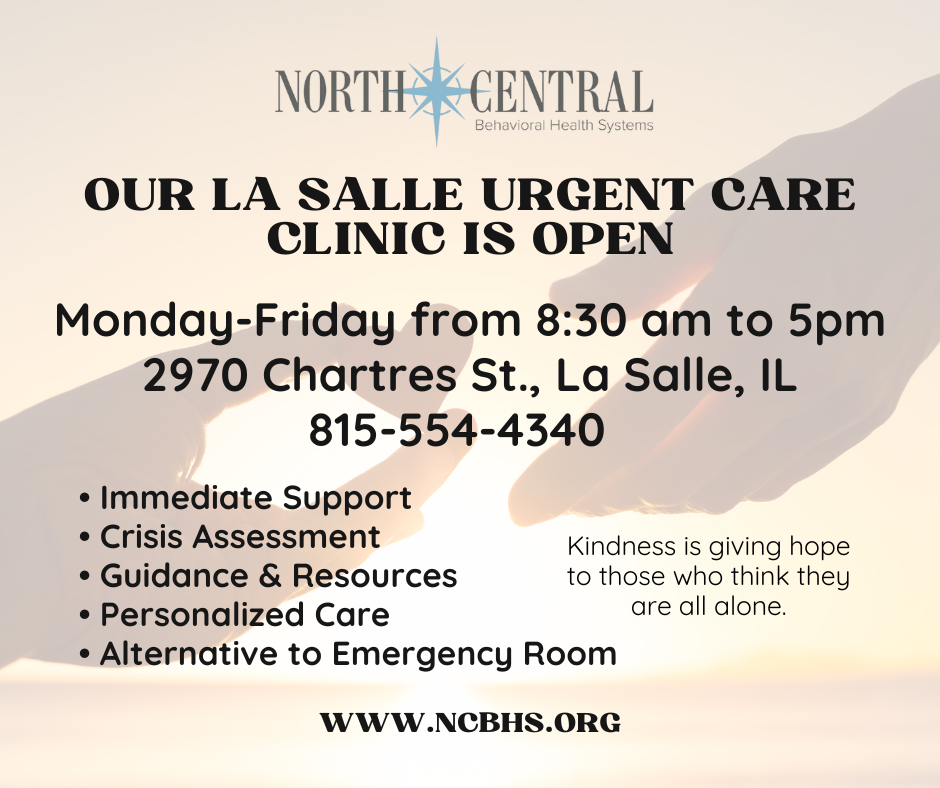We as human beings are social creatures whose most basic needs include the need for being socially connected. If you or someone you know is in recovery from a substance use disorder, you know that being able to connect to other individuals in recovery is an important component to maintaining sobriety. During this time of uncertainty with the spread of COVID-19, self-isolation and boredom that comes with social distancing can trigger a relapse on drugs or alcohol.
Read More
Over the last several days, our lives have changed because of the COVID-19. This virus has been a source of fear and anxiety for a lot of people. Fear about a disease can be overwhelming and lead to strong and unhealthy emotions. Learning to cope with these feelings can reduce stress and make you stronger and more helpful to others. We do not have all of the answers in this situation, but hopefully, we can help you put this in perspective.
Read More
What comes to mind when you think of taking risks with your health – driving recklessly, or maybe abusing alcohol or illegal drugs? Those behaviors are very risky but many people have less dramatic behaviors that are just as dangerous in the long run. Tobacco use, unbalanced nutrition and a lack of physical activity are some of the key risk factors for the most common causes of death.
The top 10 causes of death include:
Read More
When asking people about their concerns with air pollution, most admit that they have a concern. When asking people about their concern with water pollution, the same applies. However, when I ask people about body pollution, many do not know what I am talking about. What are Inhalants? Inhalants are chemicals that produce fumes (vapors) usually at roomtemperature and that can produce mind altering effects when inhaled by the body. Some people abuse them for a high, however, some people just do not realize the dangerous effects of these chemicals.
Read More
A synthetic drug is drug with properties and effects similar to a known hallucinogen or narcotic but having a slightly altered chemical structure, especially such a drug created in order to evade restrictions against illegal substances.
Examples of synthetic drugs include bath salts and synthetic marijuana. Bath salts will mimic synthetic hallucinogens while synthetic marijuana will mimic the effects of the chemical properties contained in THC or marijuana.
Read More
Alcohol Use Is Widely Accepted
Alcohol. As Americans we see it advertised in one form or another on TV at home, on billboards driving down the highway, in magazines in the doctor's office, on the radio at the mall, and in many other places. Alcohol use is generally widely accepted by our society as a common part of recreational and social events.
Read More


